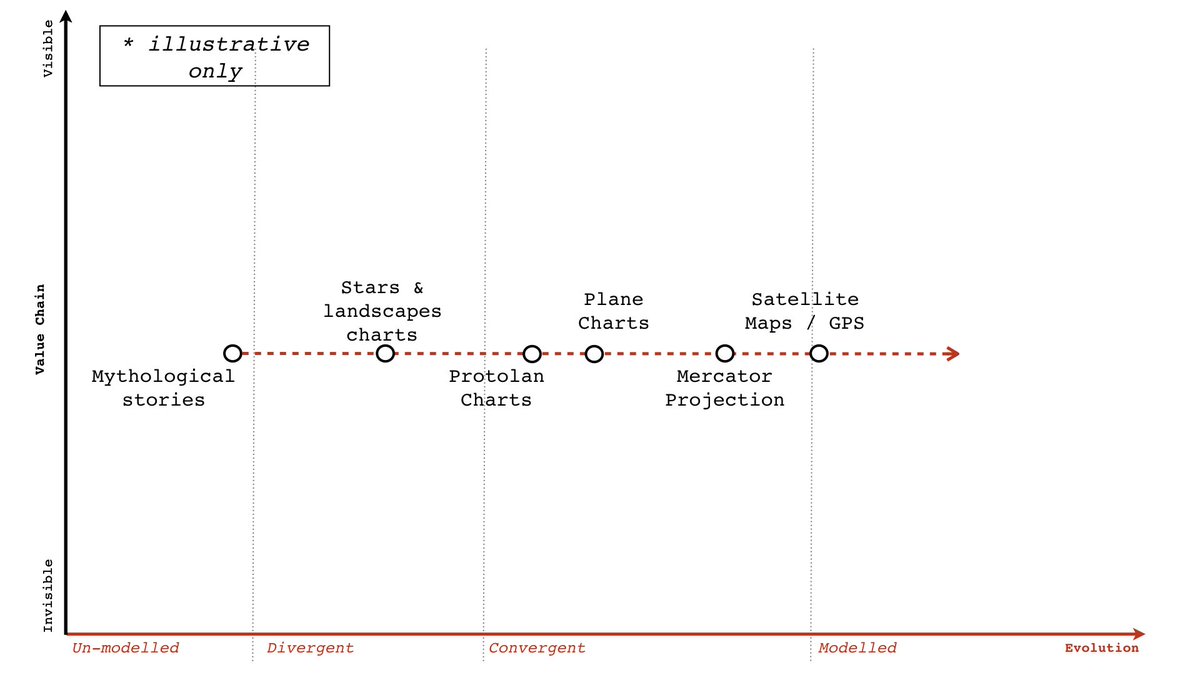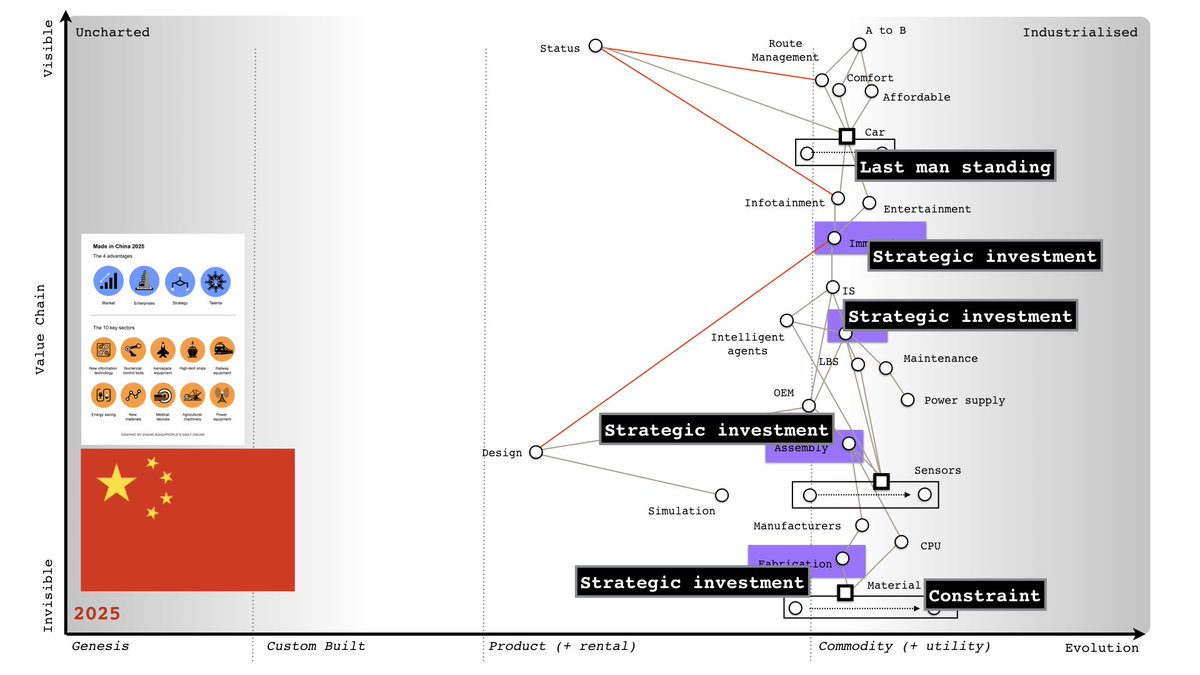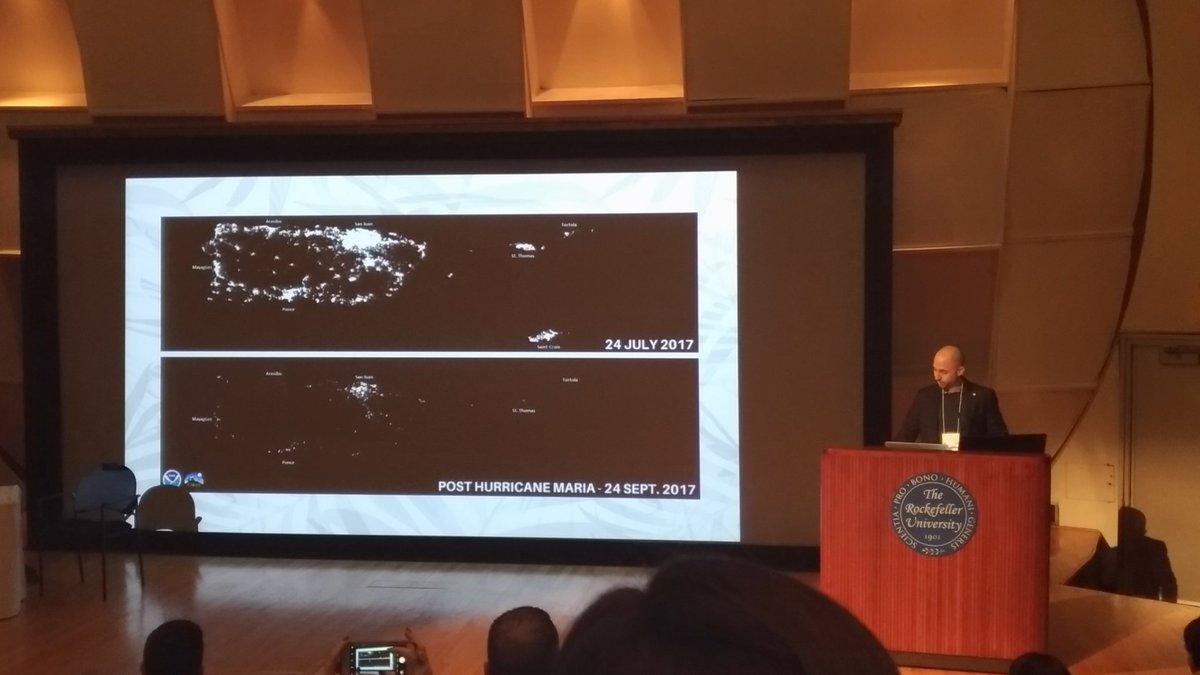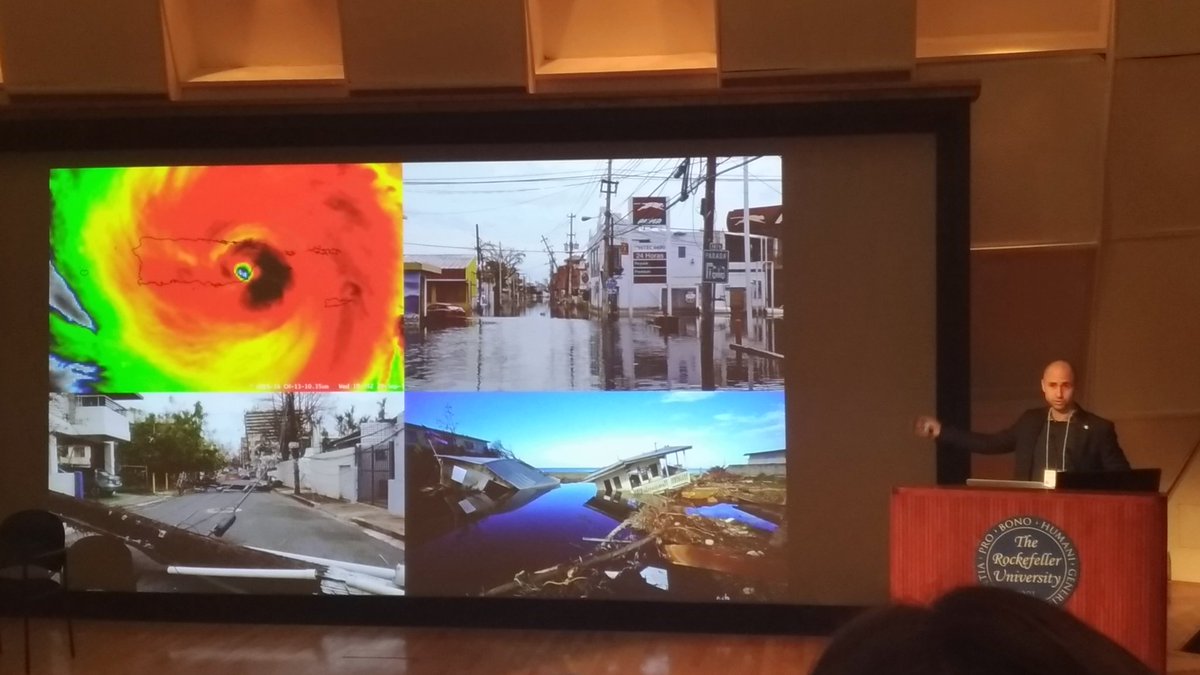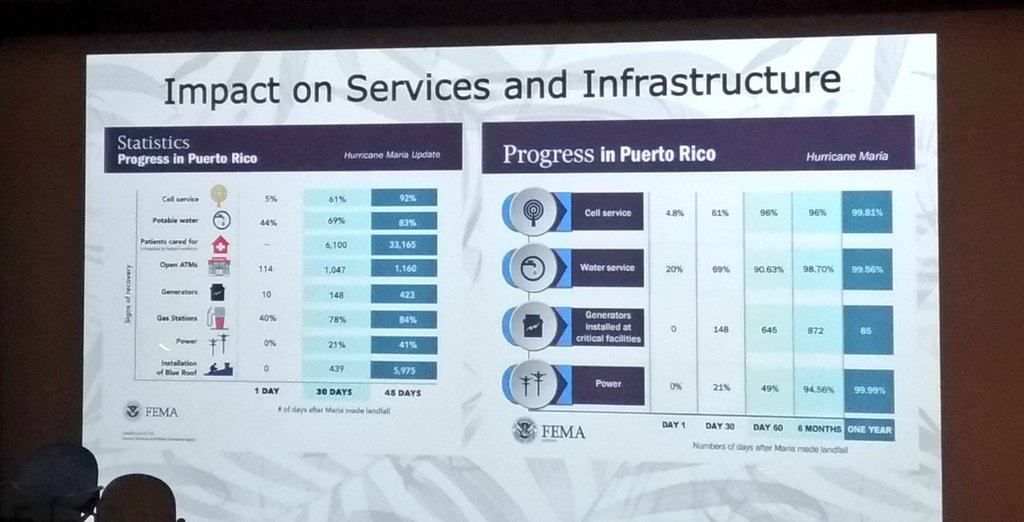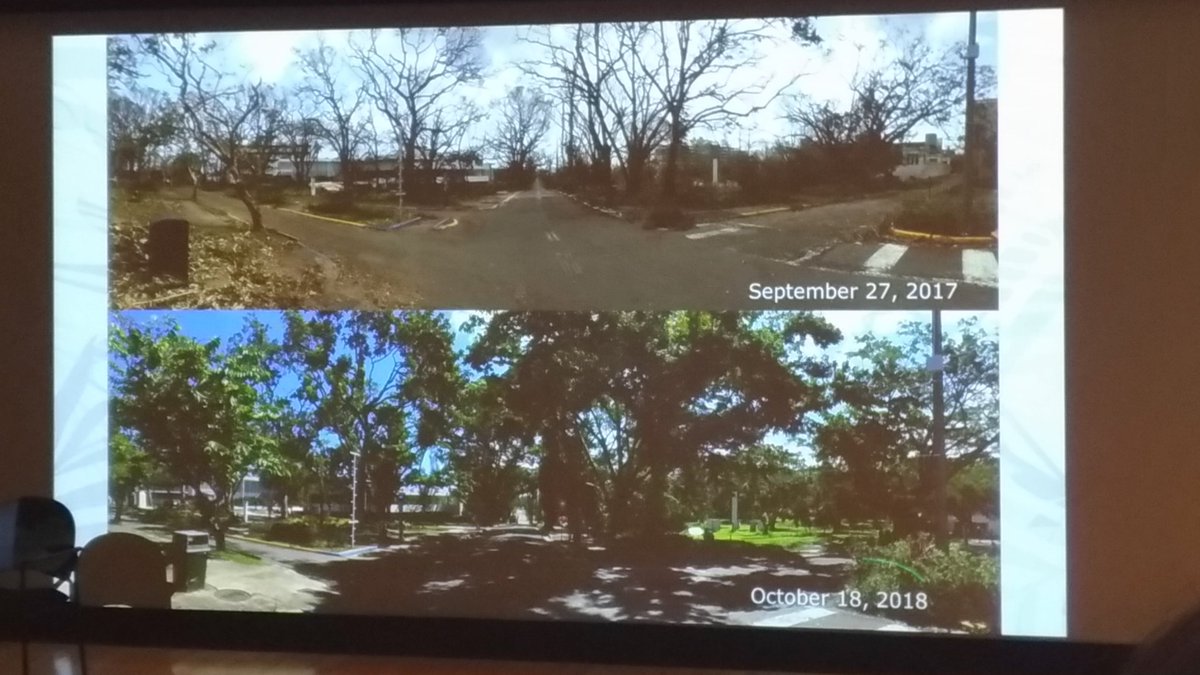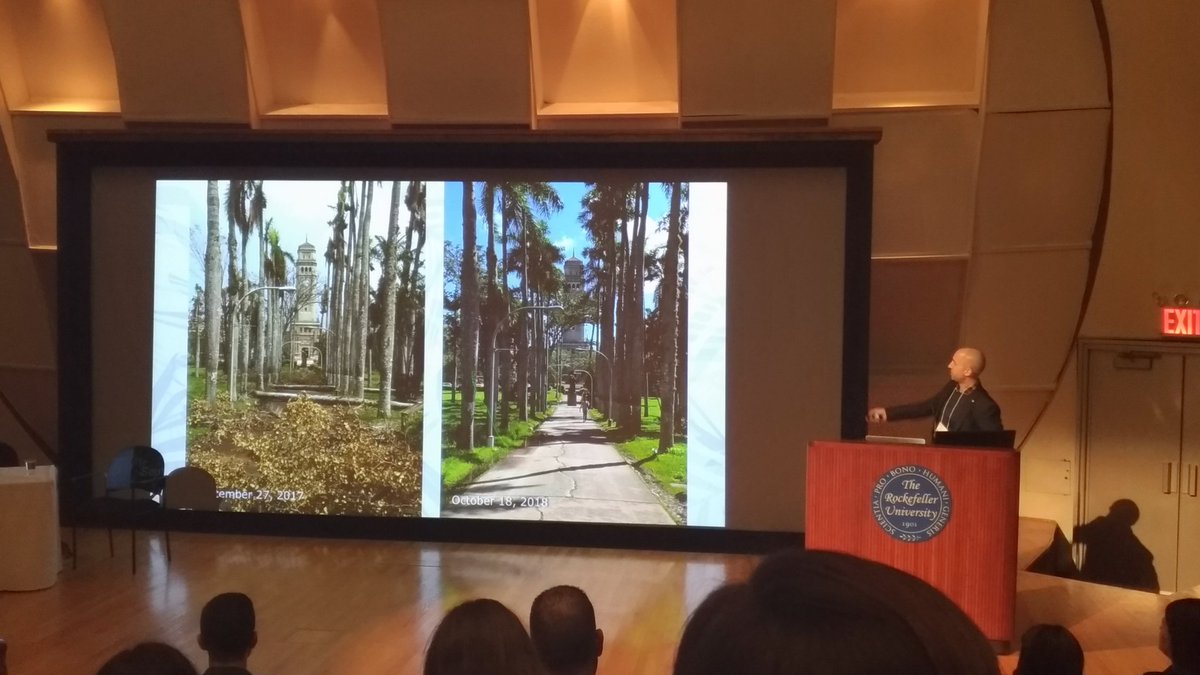Me : Good. That's the point of maps to communicate, to expose assumptions, to allow challenge and to learn.
X : What about social impacts?
Me : Another form of capital.
X : Can it be mapped.
Me : Yes.
Me : I'm not ready to talk about that.
X : Are you still working on it.
Me : On how to do it? No. On whether I should share this? Yes.
Me : Maps? Well, there are various efforts going on. There are some really interesting ideas from power relationships (@tasshinfogleman) to @chrisvmcd and social practice -medium.com/@chrisvmcd/map…
Me : If Gov policy effects either things we do (activities), how we do (practices), how we understand (knowledge) or any other form of capital then we can map it. I find it's a good idea to look at the landscape before changing things.



